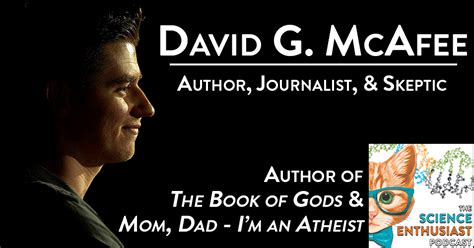A Quote by Kamal Haasan
The creation of God itself, I deduced, came from our primal fear.
Related Quotes
Now, which am I to believe, a book that any impostor might make and call the Word of God, or the creation itself which none but an Almighty Power could make? For the Bible says one thing; and the creation says the contrary. The Bible represents God with all the passions of a mortal, and the creation proclaims him with all the attributes of a God.
The seventh day of creation is the most eloquent and insightful as to the nature of God. From a literary perspective, the Sabbath forms the pinnacle of the story. Like the dramatic kiss of a soldier returning from war, this is the moment we’re not meant to miss. In choosing rest as the grand finale, God reveals himself as one driven by neither anxiety nor fear but one who finds gladness in both the work of creation and the creation of work.
For the creation was subjected to frustration, not by its own choice, but by the will of the one who subjected it, in hope that the creation itself will be liberated from its bondage to decay and brought into the glorious freedom of the children of God. We know that the whole creation has been groaning as in the pains of childbirth right up to the present time.
The plan of spiritual evolution is marked not only by God's will that we move ever in the direction of love, nut also by another of God's creative principles: that humanity has free will. What that means is that in any given moment, it is our choice whether we move toward love or retreat from it. What is not love is fear. But in the larger scheme of things, there is a limit past which lovelessness cannot remain. Fear is not life-giving enough to sustain itself. We can move in the direction of fear only so long before it brings us to our knees, or to our end.
If there is a Creator-God, it has used methods of creation that are indistinguishable from nature, it has declined to make itself known for all of recorded history, it doesn't intervene in affairs on earth, and has made itself impossible to observe. Even if you believe in that God... why would you think it would want to be worshiped?
Those who, animal-like, live solely according to the senses... misuse God's creation in order to indulge the passions. They do not understand the principle of that wisdom which is revealed to all: that we should know and praise God through His creation and that by means of the visible world we should understand whence we came, what we are, for what purpose we were made and where we are going. On the contrary, they travel through this present age in darkness... with... ignorance of God.




































